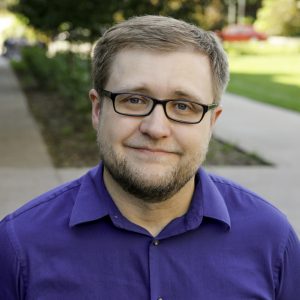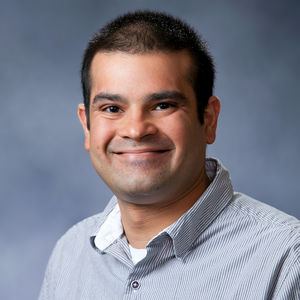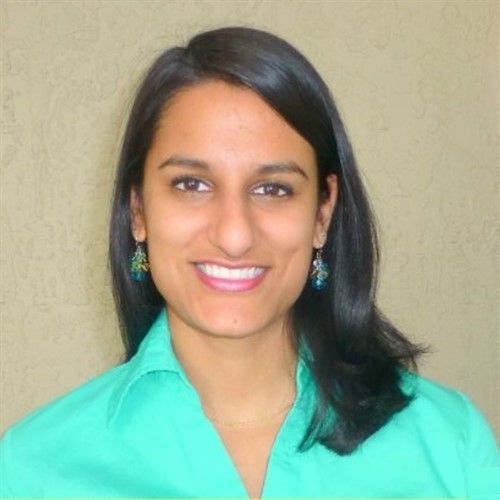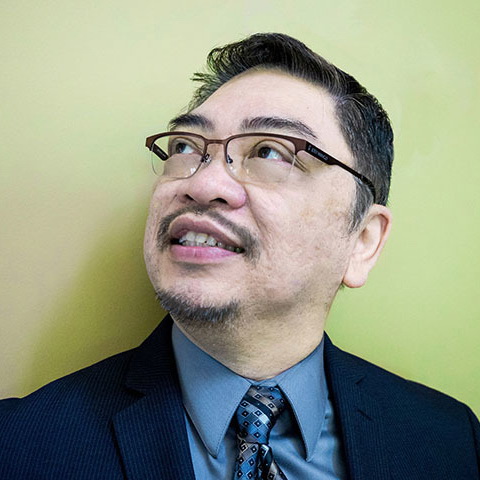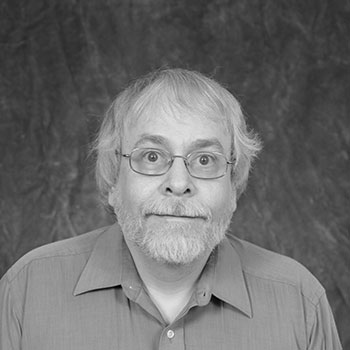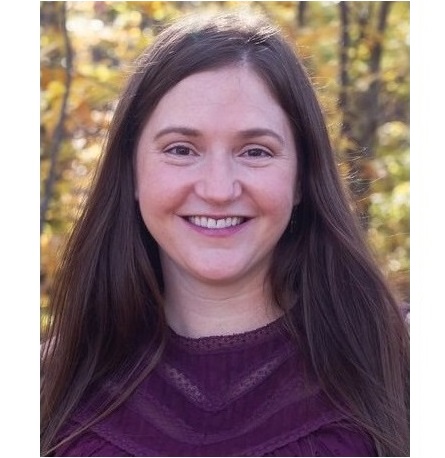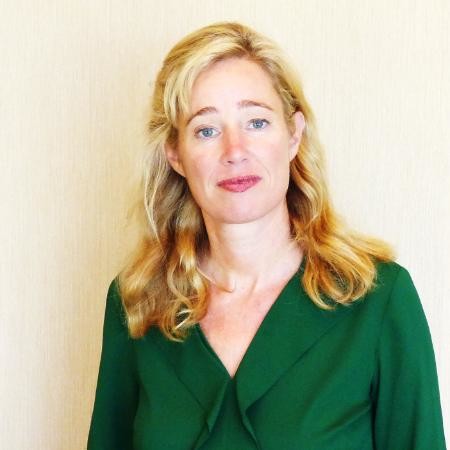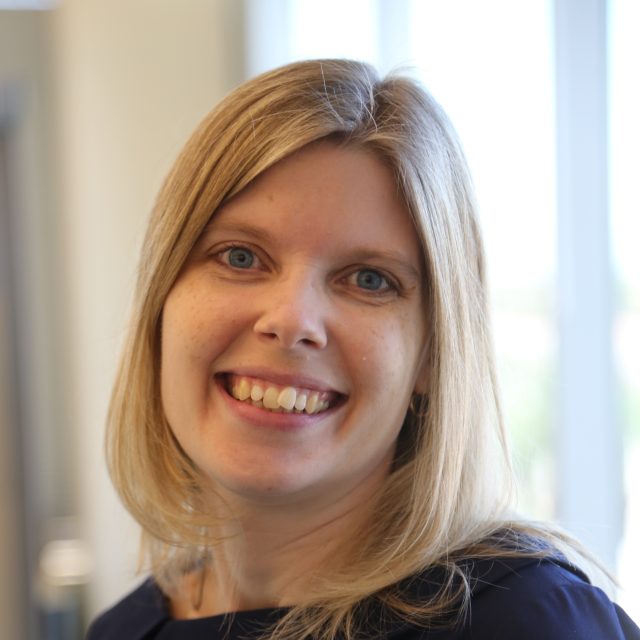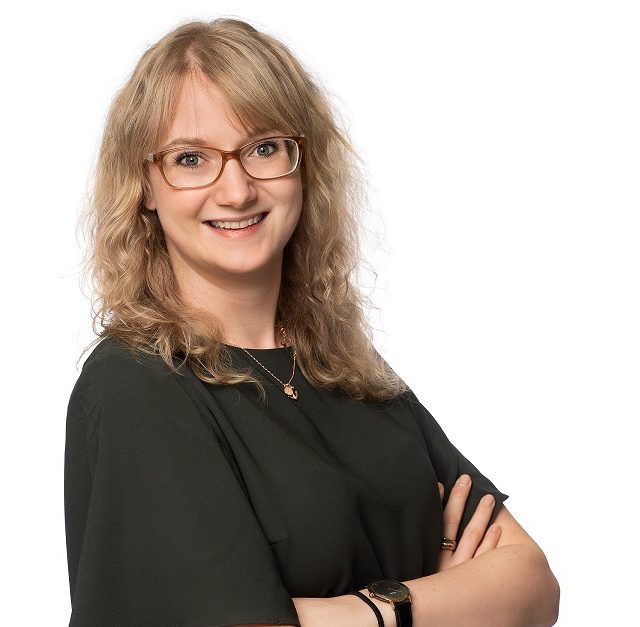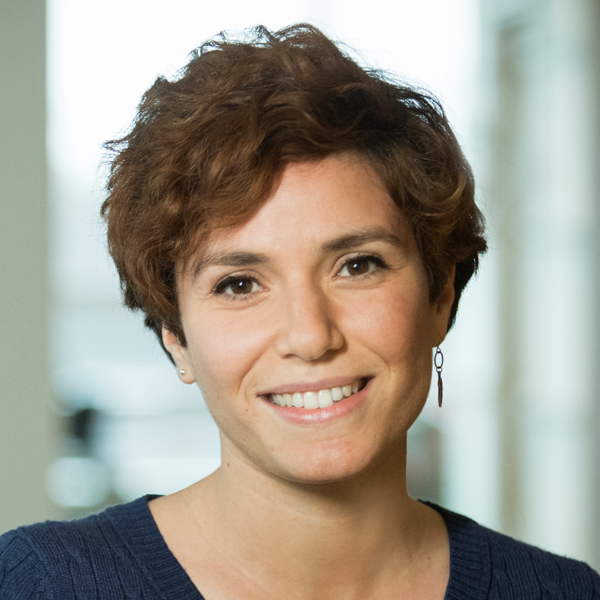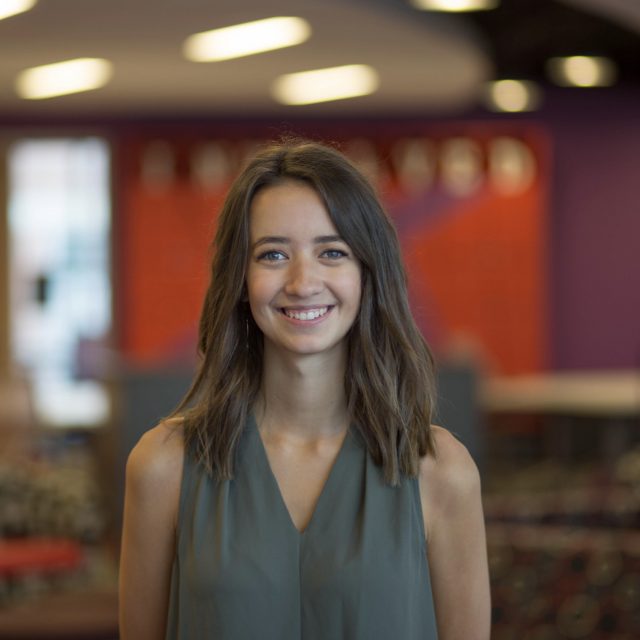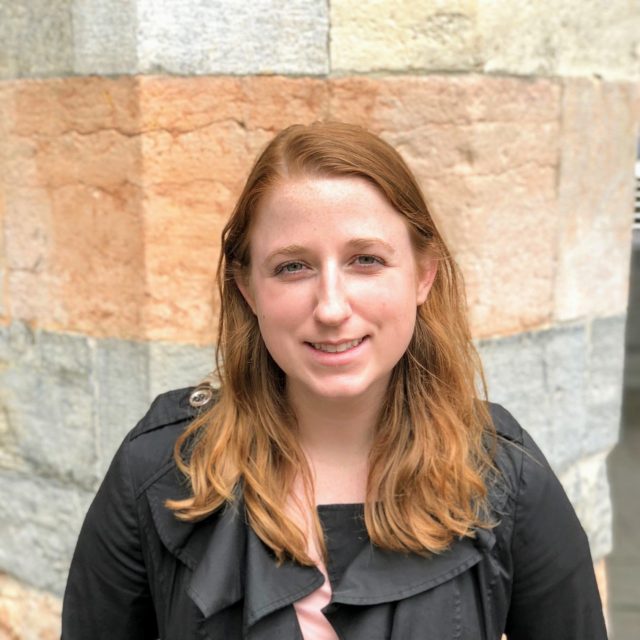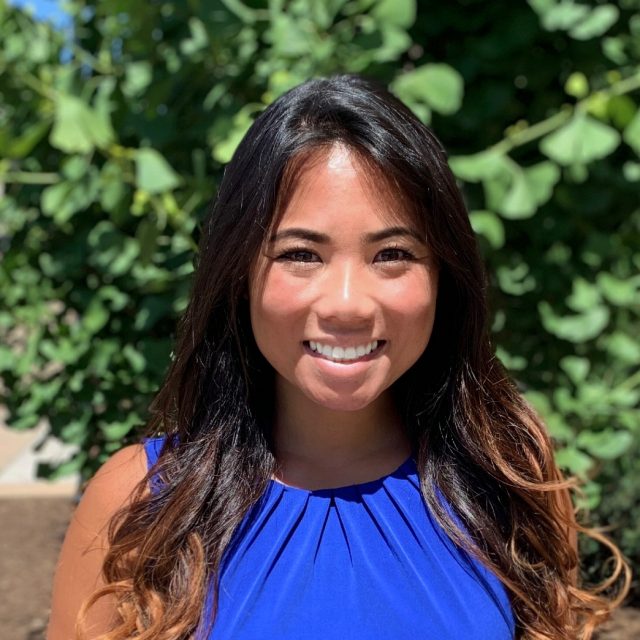The full program and agenda can be downloaded here.
A live recording of the conference is available:
- Day 1: https://www.youtube.com/watch?v=pkw0wwaTzb0
- Day 2: https://www.youtube.com/watch?v=SlDyTi2Oo9w
Slides from the event are available from these speakers. If you would like to see slides from a speaker not in this list, please contact that person directly.
- Keynotes
- Sidney D’Mello – Machine Learned Computational Models to Assess Ill Defined Constructs
- Richard Landers – Game-based Assessments: Design and Validation
- Fred Oswald – Assessing Game-Based Assessments: Prospects Meet Principles
- Educational Research Symposium
- Russell Almond – A Four-Process Implementation of Game-Based Scoring
- Rich Halverson – Games for Learning Design and Assessment
- Organizational Sciences Research Symposium
- Christian Loh – Expert Similarity Index (ESI): A Serious Games Analytics Performance Index
- Andrea Sinclair – Developing Games to Measure Personality: It’s Not All Fun and Games!
- Elizabeth Short – MMO Experiences: Using Recreational Gameplay Behaviors to Inform Assessment Design
- Tim Warszta – The Impact of Game Design Elements on Participants’ Reactions in Gamified Assessment
- Vendor Research Symposium
- Jason Blaik – Game-Based Assessment for High-Stakes Personnel Selection
- Alina Siemsen – smartPredict: Development Insights and Study Results of Aon’s Gamified Assessment Series
- Graduate Student Top Research Symposium
- Elena Auer – Leveraging Trace Data in Game-Based Assessments
- Laura Levy – Beyond Results: Design Considerations for Scientifically Valid Games that Empower Users After Play
Keynotes
Richard Landers
Bio
Sidney D’Mello
Bio
Sidney D’Mello is an Associate Professor in the Institute of Cognitive Science and Department of Computer Science at the University of Colorado Boulder. He is interested in the dynamic interplay between cognition and emotion while individuals and groups engage in complex real-world tasks. He applies insights gleaned from this basic research program to develop intelligent technologies that help people perform to their fullest potential by coordinating what they think and feel with what they know and do. D’Mello has co-edited seven books and published over 250 papers/chapters. His work has been funded by numerous grants and he serves(d) as associate editor/editorial boards for ten journals.
Fred Oswald
Bio
Fred Oswald is a Professor of Psychology at Rice University, whose work seeks to improve the practices found within personnel selection and educational admissions contexts. To do that, his research team develops and implements psychological measures of individual differences (e.g., cognitive, personality, motivation, interests), and analyzes and evaluates those measures with relevant methodologies (psychometrics, structural equation modeling, machine learning, meta-analysis). Fred has assumed numerous professional and leadership roles: e.g., member of the Board of Human Systems Integration at the National Academy of Sciences; past president of the Society for Industrial and Organizational Psychology. Learn more at https://workforce.rice.edu
Organizational Sciences
Tim Warszta
Bio
Tim Warszta is a Professor of Business Psychology at the West Coast University of Applied Sciences in Germany. He studied I/O psychology in Lueneburg, Germany and holds an MSc. degree from the University of Hull (UK) and a PhD from Kiel University, Germany. Before his time in academia, Tim was an HR practitioner and consultant. At West Coast University he is head of the West Coast Institute for Human Resource Management (WinHR) and teaches undergraduate and graduate classes in I/O psychology. His research interests are in the impact of digitization on HRM processes with a focus on selection and recruitment
Sarena Bhatia
Bio
Sarena Bhatia is a Consultant in the Leadership Advisory service line at Kincentric. Sarena consults in the areas of leadership assessment and development and has worked with organizations in diverse industries. In her current role, she is focused on the design, implementation, and ongoing management of large-scale global leadership development programs. She is passionate about helping her clients use evidence-based practices to improve their talent management. She received her Masters and Doctorate in Organizational Psychology from Michigan State University, and completed her dissertation in the area of candidate reactions to game-based assessments.
Christian Sebastian Loh
Bio
Dr. Christian Sebastian Loh is a Professor of Learning Systems and Design and Technology at Southern Illinois University. Dr. Loh’s main research interest is in the direct measurement of training performance within (in situ) the virtual environments of serious games. He has pioneered a performance metrics and scoring index (Expert Similarity Index, ESI) to measure expert-novice differences for the improvement of organizational performance outcome using serious game. Dr. Loh was a recipient of the Defense University Research Instrumentation Program (DURIP) grant and the first editor of Serious Games Analytics (2015) published by Springer. He is also a judge in the Serious Games Showcase & Challenge (SGS&C) competition, and an associate editor for two international peer-reviewed journals.
Andrea Sinclair
Bio
Dr. Andrea Sinclair manages a program at the Human Resources Research Organization (HumRRO) that has an interdisciplinary focus on education and the workplace. She specializes in projects where the two domains intersect—for example, validating teacher credentialing programs and developing non-cognitive predictors of career-readiness. Trained as an I-O psychologist, she directs projects for a variety of clients. For example, she developed a prototype battery of game-based assessments to measure conscientiousness for the US Army Research Institute; she conducted a job analysis of coaching for the International Coach Federation; and she’s designed numerous validation studies for large-scale student assessments in K-12 education.
Elizabeth Short
Bio
Elizabeth Short graduated from Missouri University of Science and Technology in May of 2017 where she received her Masters of Science degree in Industrial-Organizational Psychology along with graduate certificates in Psychometrics and Leadership. As a student, her research examined the use of games to measure performance and individual differences. She has loved technology and video games since she was a child and getting to explore this in her research has been an incredible experience. Now that she has graduated, she is currently employed as a Data Analyst at QC Holdings in Lenexa, KS.
Education
Tanner Jackson
Bio
G. Tanner Jackson, PhD is a Research Director at ETS and leads agile innovation teams that employ lean startup practices to iterate and develop capabilities focusing on end-users and marketplace applications. Dr. Jackson is an accomplished cognitive scientist with over 100 published articles that focus on his work with intelligent tutoring systems, educational games, and innovative assessments. His research centers around adaptive and engaging educational environments that involve aspects of game design, natural language processing, and adaptive conversations. Additionally, he is interested in how people interact with complex systems and leveraging these environments to examine user interactions over time.
Richard Halverson
Bio
Richard Halverson is the Associate Dean for Innovation, Outreach and Partnerships and Professor of Educational Leadership and Policy Analysis in the UW-Madison School of Education. He is the co-founder of the Comprehensive Assessment of Leadership for Learning project, and the Games + Learning + Society Research Center. Rich is a former high school educator, and earned an MA in Philosophy and a PhD in the Learning Sciences from Northwestern University. He is co-author (with Allan Collins) of Rethinking Education in the Age of Technology: The Digital Revolution and Schooling in America and (with Carolyn Kelley) of Mapping Leadership: The Tasks that Matter for Improving Teaching and Learning in Schools.
Russell Almond
Your Title
Russell Almond is an Associate Professor in the Department of Educational Psychology and Instructional Design, College of Education, Florida State University. He received his undergraduate degree from the California Institute of Technology (Caltech) in 1983 and received his Ph.D. in Statistics from Harvard University in 1990. Before coming to FSU, he spent 14 years as a Research Scientist at Educational Testing Service.
His research interests focus around of the question of how to gather, track and monitor evidence of student growth using both traditional sources (e.g., assessments and homework) and non-traditional sources (e.g., simulations and games), especially in situations where multiple dimensions of student proficiency are considered. Together with R. Mislevy and L. Steinberg, he was a part of the effort to create Evidence Centered Design (ECD)—a process for designing assessments based on explicating the underlying evidentiary arguments that support their claims. This work won the National Council on Educational Measurement Award for Outstanding Scientific or Technical Contribution to Educational Measurement in 2000. Russell Almond received an honorable mention in the category of Outstanding Contribution to Cognition and Assessment from the Congition and Asssessment Special Interest Group at the American Educational Research Association Annual Meeting in 2015, and he is a regular contributor to the Cognition and Assessment blog.
Together with R. Mislevy, L. Steinberg, D. Yan and D. Williamson, he has authored a monograph on building Bayesian networks using ECD, Bayesian Networks in Educational Assessment (published in 2015 by Springer) and have presented a tutorial on the subject every year since 2004 at the annual meeting of the National Committee on Measurement in Education (NCME).
He is a statistician with extensive training and interest in computer science, particularly artificial intelligence. His research interests include representations of uncertainty in artificial intelligence (in particular, Bayesian networks and partially observed Markov decision processes, POMDPs), use of artificial intelligence techniques in data analysis, human factor design for data analysis and education, Bayesian computation, and statistical model engineering. He has been a regular member of the program committee for the Uncertainty in Artificial Intelligence. In 2005 and 2013 he chaired the Bayesian Modeling Application Workshop at that conference.
He as been the lead designer and programmer on a number of software systems including: StatShop—a suite of tools for supporting the use of Bayesian networks and other measurement models with the ECD process,— RNetica—a binding of the Netica API in the R language,— CPTtools—a collection of tools for building conditional probability tables,—and BELIEF—software for manipulating graphical belief models. He was also a major contributor to the design of Portal—an internal ETS system for managing information during the ECD design process,—and versions 1.1 and 1.2 of the IMS specifications on Question and Test Interoperability. His contributions include a four process abstract model of assessments (with L.Steinberg and R. Mislevy) which served as a reference model in the construction of these specifications. He has designed the scoring engine for a number of innovative assessments including: Biomass—a prototype assessment for measuring ability to perform scientific reasoning in the context of genetics,— ACED—a prototype diagnostic assessment aimed at 8th grade mathematics standards,—and Physics Playground— a game designed to assess the players Persistence, Creativity and Knowledge of Physics.
For several years he was a volunteer mentor with Science Mentors 1-to-1 a local non-profit, science based, environmentally focused, one-to-one mentor program that inspires, motivates, and empowers under-served high school students to develop academic discipline, critical thinking and personal responsibility, in order to be active stewards of their lives, communities, and the environment.
Karrie Godwin
Bio
Karrie Godwin is an Assistant Professor at Kent State University. She earned her Ph.D. in Developmental Psychology from Carnegie Mellon University where she was also an IES fellow in the Program for Interdisciplinary Education Research. Her research examines how cognitive and environmental factors shape children’s development and learning in the laboratory and in the classroom. Godwin is particularly interested in the development of attention and executive function, and how these factors influence children’s learning. As part of this work, Godwin studies individual differences in attention regulation and works to enhance the measurement of attention with game-based assessments and novel technologies.
Mina Johnson-Glenberg
Bio
Vendor Researchers
Kristen DiCerbo
Bio
Dr. Kristen DiCerbo is the Vice-President of Learning Research and Design at Pearson. She leads a team of researchers and learning designers conducting new research in learning and assessment and translating research insights into the design of digital learning environments. Kristen’s personal research program centers on the use of game- and simulation-based assessment. She was a partner in the development of SimCityEDU and Mars Generation One: Argubot Academy. Kristen received her Master’s and Ph.D. in Educational Psychology at Arizona State University. She also worked as a school psychologist and a researcher with the Cisco Networking Academies.
Alina Siemsen
Bio
Alina Siemsen is a product development consultant and product lead for gamified assessments at Aon’s Assessment Solutions. Alina completed her Master’s degree in Business Psychology at the Nordakademie in Hamburg and joined Aon after working as a research assistant at the Westcoast University of Applied Sciences in Heide, Germany, for one and a half years. She is interested in candidate experience and engagement, and especially in how gaming elements can be applied to assessments to enhance the above.
Jim Wexler
Bio
Jim develops persuasive technology to change the nature of work, business, and the human condition. An original pioneer of games for business, he has put millions of branded games into play including first-ever game-based recruiting and learning simulations for Deloitte, GE, Goldman Sachs, and SAP. As President of Persona Labs in New York, his Psychometric Assessment library serves 1M users at over 10,000 companies. His GBAs combine psychometrics, neuroscience, and gameplay to help companies make better people choices and people better career choices. Jim has a degree in Semiotics from Brown University and is a columnist for ERE.net
Lara Montefiori
Bio
Lara Montefiori is Chief Scientist at Arctic Shores, a British Tech start-up leader in Game-Based Assessment. Lara’s training in Psychology began after having first graduated from Fine Arts, and it focused on biological and physiological aspects of Psychology, such as Neuroscience, Behavioural Genetics, and Evolutionary Psychology. She then moved toward Occupational Psychology at a later stage, and started researching about hybrid assessment methods that leveraged both creativity and science. Lara joined Arctic Shores as Chief Scientist from the onset of the company, developing the scientific rationale underlying the existing portfolio, and growing the evidence base that supports its validity. Lara has strong ties with several Universities around the world but especially with University College London, where most of her research takes place.
She is a regular speaker at international conferences such as SIOP, EAWOP, ITC, eATP, and the BPS’ DOP conference
Kelly Trindel
Bio
Kelly Trindel, Ph.D. is Head of Industrial Organizational Science + Diversity Analytics at pymetrics, a gamified assessment and analytics startup creating employment selection tools and performance- enhancement software for the human capital field. pymetrics has a proven track record of increasing diversity for our clients while selecting the best possible candidates with demonstrable ROI and validity. Kelly has built an international team of Industrial-Organizational Psychologists and EEO Analysts at pymetrics who consult with clients and handle job analysis, fairness testing, and validation outcome studies for the life of our SaaS engagements. Before joining pymetrics in February 2018, Kelly worked at the Equal Employment Opportunity Commission (EEOC) most recently serving as Chief Analyst and Director of Research + Investigative Analysis. In this role, she led a group of Social Scientists located in district offices around the country in providing analytic support for systemic investigations and case development. While at EEOC Kelly served as the Commission’s expert on “big data” issues, including changing human resource models and people analytics. She served as the Chair of EEOC’s Workgroup on Big Data and as a senior advisor on its Committee of Advisors on Systemic Enforcement. Kelly also co-chaired EEOC’s annual academic conference, EEODataNet.
Jason Blaik
Bio
Jason Blaik is an Organisational Psychologist and current Lead Psychometrician with Revelian, a leading Australian-based developer of psychometric assessment for employee selection. Having been with Revelian since 2002, he has played an integral role in establishing and maintaining its core suite of online assessments. Recently his work has focused on the construction and validation of high stakes game- based psychometric assessments including Theme Park Hero, Cognify and Emotify. Jason graduated from the University of Queensland in 1998 with a BA (Psych.), (Hons) and completed a Masters in Organisational Psychology from Griffith University in 2005. He is a member of the Australian Psychology Society, College of Organisational Psychologists and Society for Industrial and Organizational Psychologists.
Graduate Students
Chaima Jemmali
Bio
Chaima Jemmali is a PhD candidate in the Computer Science program at Northeastern University’s Khoury College of Computer Sciences, advised by Professor Magy Seif El-Nasr. Her research interests include identifying game mechanics that can improve engagement and learning. She has worked specifically on the effects of narrative in the context of a game that teaches the basics of programming. Her recent work explores the use of machine learning and data analytics to understand player behavior and learning processes in educational games, and how that knowledge can translate to generating adaptive content.
Jenna McChesney
Bio
Jenna McChesney earned her Masters of Arts degree in I-O Psychology from Minnesota State University and is currently a doctoral student continuing her studies at North Carolina State University. She is a member of the 4D lab, which focuses on research at the intersection of work, psychology, technology, and development. Her recent research focuses on women’s participation in computer science and perceptions of game-based assessments. She also works part-time for pymetrics, a gamified assessment and analytics startup, to investigate how game play relates to other important organizational frameworks and outcomes.
Elena Auer
Bio
Elena Auer is an Industrial-Organizational Psychology doctoral student at the University of Minnesota. She earned a MSc in Industrial-Organizational Psychology at Old Dominion University in 2018. Her research focuses on the use of innovative technology in employee selection and methodology, with a particular interest in examining how and when data science techniques and practices can be integrated into HR processes. She has presented, published, and conducted research on numerous related topics including game-based assessment, gamification, machine learning, natural language processing, automatic interview/resume scoring, and unproctored internet testing.
Cassie Eng
Bio
Cassie Eng is a Ph.D. student at Carnegie Mellon and trainee in the Program in Interdisciplinary Education Research and Center for the Neural Basis of Cognition. She received her B.S. at Penn State and was an NIH Post-Baccalaureate Research Education Program Scholar at
Virginia Tech. Cassie utilizes physiological and brain imaging measures to investigate underlying attentional processes in learning contexts to optimize educational materials and digital games for children. She advocates for Educational Neuroscience, the emerging field that
fosters collaborations in cognitive neuroscience, developmental and educational psychology, and related disciplines to explore the interactions between biological processes and education.
Laura Levy
Bio
Laura Levy is a Research Scientist II at the Interactive Media Technology Center and a PhD Student in Engineering Psychology at the Georgia Institute of Technology. Levy has worked on the design and evaluation of four assessment games created to capture scientifically valid and reliable data on cognitive and non-cognitive variables, with partners such as ACT, Inc. Currently, her work explores how to present this data as feedback to users so that it can be utilized for self-betterment in career and personal life.

